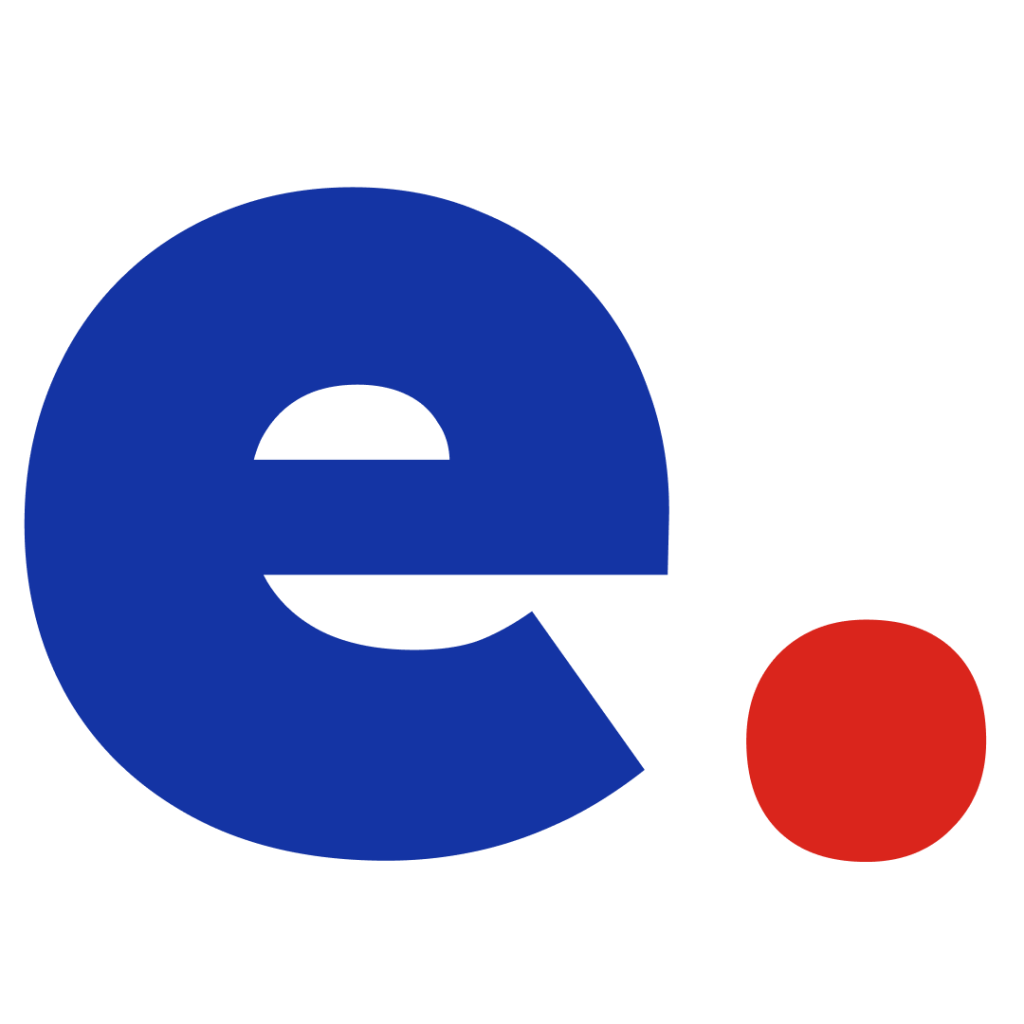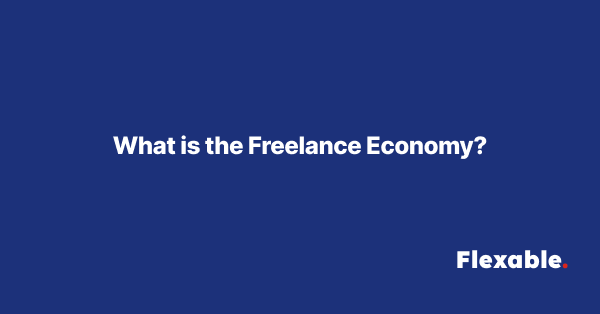The freelance economy, often referred to as the gig economy, represents a significant shift in how work is performed, delivered, and valued in the modern workforce. It describes a labor market where independent professionals, or freelancers, offer their skills and services to businesses or individuals on a project-by-project basis. Unlike traditional employment, freelancers are self-employed and have the flexibility to work with multiple clients across diverse industries.
This dynamic and growing economy has been fueled by technological advancements, remote work trends, and changing attitudes toward work-life balance. As more businesses and workers embrace this model, the freelance economy is reshaping industries worldwide.
In this article, we’ll explore the freelance economy in detail, including its origins, characteristics, benefits, and impact on the global workforce.

The Origins of the Freelance Economy
The concept of freelancing dates back centuries, but its modern iteration began gaining momentum in the early 2000s. With the advent of high-speed internet, digital tools, and global freelancing platforms like Upwork, Fiverr, and Freelancer.com, freelancers gained the ability to connect with clients from anywhere in the world.
The global pandemic accelerated the growth of the freelance economy as businesses adapted to remote work and sought cost-effective, flexible labor solutions. Today, freelancing is a mainstream career choice for millions of professionals across industries, including technology, design, writing, marketing, and more.
Key Characteristics of the Freelance Economy
1. Project-Based Work:
Freelancers are typically hired for specific tasks or projects, with a defined scope and timeline. This allows businesses to engage talent only when needed, avoiding long-term commitments.
2. Diverse Skill Sets:
The freelance economy encompasses a wide range of skills, from graphic design and software development to copywriting and virtual assistance. Specialized niches like AI programming, medical writing, and sustainability consulting are also on the rise.
3. Flexibility and Autonomy:
Freelancers have control over their work schedules, clients, and workload, giving them the freedom to balance personal and professional priorities.
4. Global Reach:
Freelancing platforms enable professionals to work with clients across the globe, breaking down geographic barriers and fostering international collaboration.
Benefits of the Freelance Economy
For Freelancers:
Flexibility: Freelancers can choose their projects, set their own schedules, and work from anywhere.
Diverse Opportunities: Freelancers often work on a variety of projects, building a broad portfolio and gaining experience in multiple industries.
Earning Potential: By setting their own rates, freelancers can often earn more than traditional employees in similar roles.
Independence: Freelancers are their own bosses, allowing them to shape their careers on their terms.
For Businesses:
Cost Savings: Businesses save on overhead costs, such as office space and employee benefits, by hiring freelancers for specific projects.
Access to Global Talent: The freelance economy allows businesses to tap into a diverse pool of experts from around the world.
Scalability: Freelancers provide businesses with the flexibility to scale their workforce up or down based on demand.
Specialized Expertise: Companies can hire freelancers with niche skills for short-term projects, avoiding the need for full-time hires.
Impact of the Freelance Economy on the Global Workforce
The freelance economy is transforming traditional employment structures and influencing how businesses operate. Here’s how it’s shaping the workforce:
1. Redefining Career Paths:
Freelancers are no longer confined to a single career trajectory. They can pursue multiple interests, build diverse portfolios, and constantly reinvent their professional identities.
2. Promoting Work-Life Balance:
The flexibility of freelancing enables individuals to prioritize their personal lives while maintaining a successful career, contributing to better overall well-being.
3. Expanding Global Collaboration:
Freelancers and businesses from different countries collaborate seamlessly, fostering cultural exchange and innovation on a global scale.
4. Shifting Employer Expectations:
Companies are increasingly relying on freelancers to fill talent gaps, leading to changes in recruitment, project management, and performance evaluation practices.
Challenges in the Freelance Economy
While the freelance economy offers numerous advantages, it also comes with challenges:
1. Income Stability:
Freelancers often face fluctuations in income due to the project-based nature of their work. Building a steady stream of clients can take time and effort.
2. Lack of Benefits:
Unlike traditional employees, freelancers do not receive benefits such as health insurance, paid leave, or retirement contributions, requiring them to manage these independently.
3. Competition:
The global reach of freelancing platforms increases competition, especially in saturated markets, which can drive rates down for less specialized freelancers.
4. Time Management:
Freelancers must juggle multiple clients and deadlines, which can become overwhelming without effective organizational skills.
The Future of the Freelance Economy
The freelance economy is expected to grow as businesses and professionals prioritize flexibility, efficiency, and innovation. Key trends shaping its future include:
Increased Adoption of Freelancing Platforms: More businesses will turn to platforms like Upwork, Fiverr, and Toptal to hire freelancers.
Integration of Technology: AI, automation, and blockchain technology will streamline processes like talent matching, payments, and project management.
Focus on Niche Expertise: Freelancers with specialized skills will have a competitive edge as industries demand targeted solutions.
Hybrid Workforce Models: Companies will blend full-time employees and freelancers to create agile teams capable of adapting to changing needs.
Conclusion
The freelance economy represents a paradigm shift in how work is done, offering flexibility, innovation, and efficiency for both businesses and professionals. While it presents unique challenges, the opportunities it creates for growth, collaboration, and independence make it an essential part of the modern workforce.
As the freelance economy continues to evolve, its impact on industries, careers, and global collaboration will only grow. By understanding its dynamics and leveraging its benefits, both freelancers and businesses can thrive in this exciting and transformative landscape.

